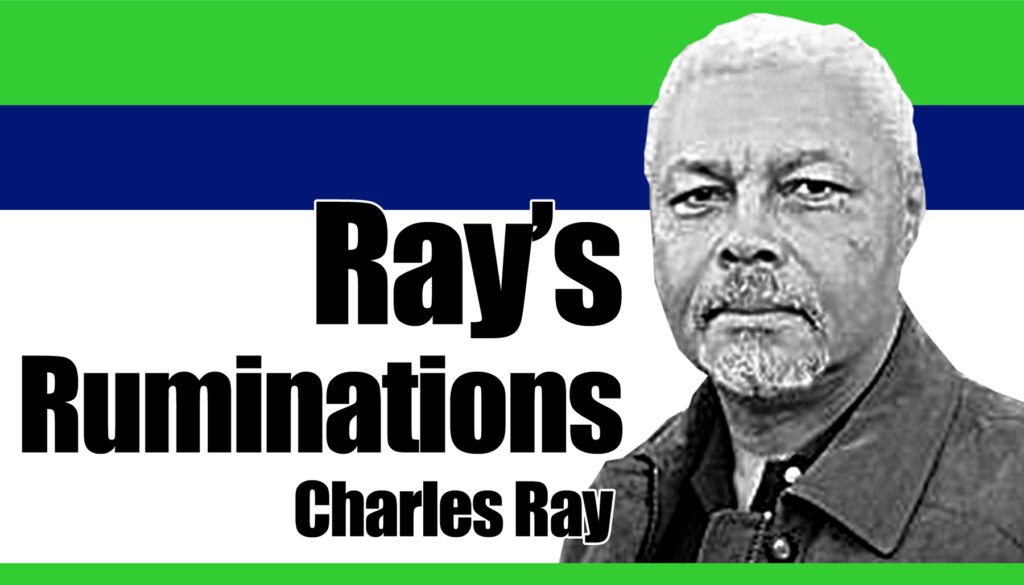
In the maelstrom of current events, few principles stand as steadfastly important as does due process. But what, you ask, is due process, and why does it matter so much, not just in the United States, but around the world?
At its core, due process is the legal requirement that the state must respect the legal rights owed to a person. It acts as a safeguard against arbitrary denial of life, liberty, or property by government outside the sanction of law. In the United States, it’s enshrined in both the Fifth and Fourteenth Amendments to the Constitution, which guarantee that no person shall be “deprived of life, liberty, or property, without due process of law.” It’s important to note here that the language does not specify citizenship; instead, it refers to ‘persons,’ hinting at broad protection.
There are two forms of due process: procedural and substantive. Procedural due process ensures fair and transparent procedures before someone is deprived of liberty or property.
For example, this means the right to a fair trial, access to legal counsel, and the ability to present evidence. Substantive due process goes further, safeguarding fundamental rights against infringement, such as the right to privacy or freedom of speech.
Why does due process matter so much? In essence, it’s the bulwark against tyranny. When governments act without following fair procedures, we are all at risk of being subjected to the whims of power; arrested without explanation, detained without representation, and deported without recourse.
In the context of immigration, this principle becomes acutely important. Recent actions in the United States have seen incidents where undocumented migrants, and at times even those with documentation, are detained and deported without being given access to legal counsel or the opportunity to communicate with family. Some of the deportees have been sent to countries whose language and customs are foreign to them, amplifying the trauma of displacement.
Needless to say, this has provoked fierce debate. Are constitutional protections limited to citizens, or do they extend to all ‘persons’ within a nation’s borders? The U.S. Supreme Court has generally interpreted ‘person’ in the Constitution to include all individuals on U.S. soil. The right to due process, therefore, is a shield, not just for the native-born or the legally admitted, but for anyone who faces the tremendous power of the state.
Globally, due process is recognized in various forms. The Universal Declaration of Human Rights enshrines the right to a fair hearing and protection against arbitrary arrest or exile. Nations that respect due process often enjoy greater stability, social trust, and legitimacy. Those that flout it risk unrest, injustice, and the corrosion of civic life.
Ultimately, due process is not just a technicality. It is the heartbeat of any society that aspires to justice. It ensures that power is checked, voices are heard, and rights are respected. Its absence signals danger. Danger for the vulnerable, the marginalized, and, indeed, for all of us. In advocating for due process, especially for those at the margins, we affirm the value of human dignity and uphold the promise of justice for all. | NWI




